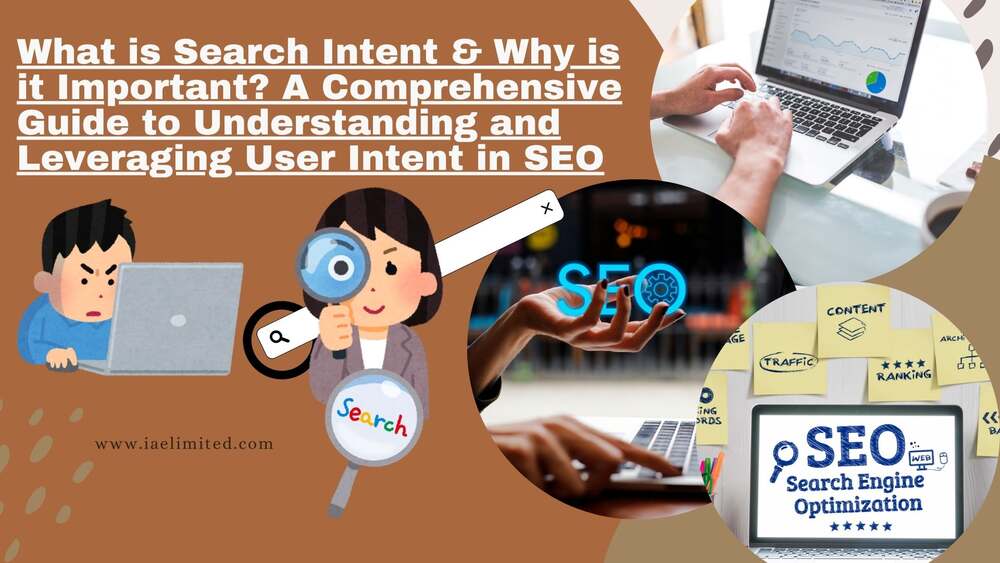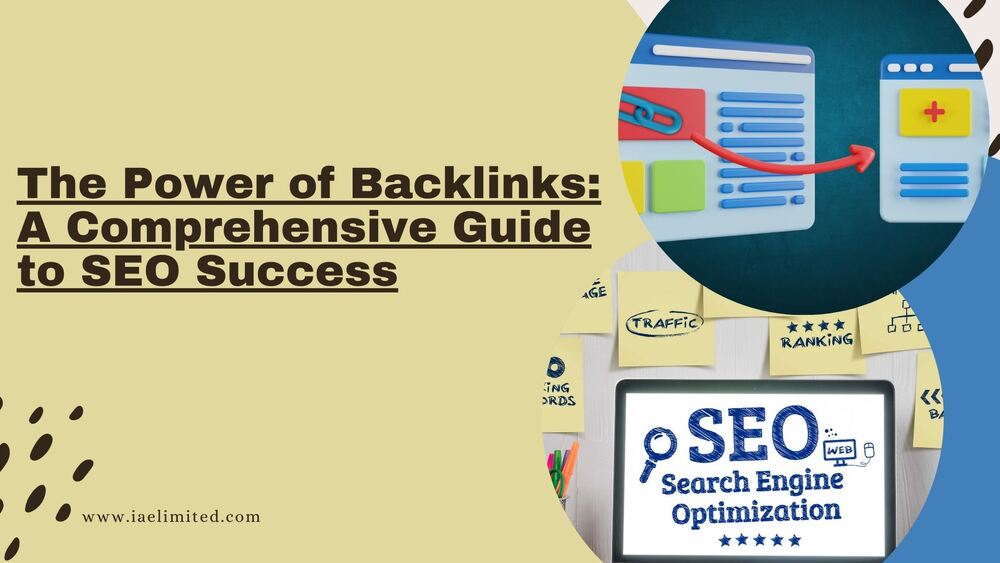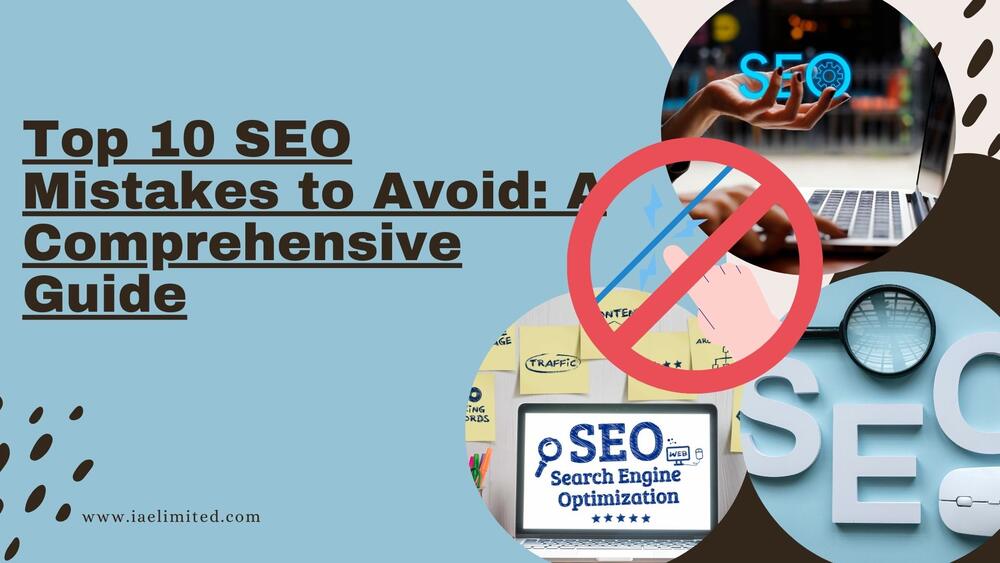
In today’s digital landscape, search engines have become smarter. They no longer just match keywords—they strive to understand the intent behind every search query. This shift in how search engines work has made search intent a crucial factor for anyone looking to optimize their content for SEO.
But what exactly is search intent, and why is it so important? This article will explore the concept of search intent, its types, and 30 key reasons why it plays a pivotal role in your SEO strategy.
What is Search Intent?
Table of Contents
Search intent, also known as user intent, refers to the reason behind a user’s search query. It’s the underlying goal of what the user wants to accomplish by typing those specific words into a search engine. Understanding search intent helps content creators craft materials that address the user’s exact needs, ensuring that their content is relevant and engaging.
Types of Search Intent
To truly optimize your content, it’s essential to understand the different types of search intent:
1. Navigational Intent: Users with navigational intent are looking for a specific website or page. For example, if someone types “Facebook login,” they clearly intend to navigate to Facebook’s login page.
2. Informational Intent: Informational intent occurs when users are seeking knowledge or answers. For instance, queries like “how to bake a cake” or “what is SEO” fall under this category.
3. Transactional Intent: Users with transactional intent are ready to make a purchase or complete an action. Phrases like “buy running shoes” or “best deals on laptops” are examples of transactional searches.
4. Commercial Investigation Intent: Before making a purchase, users often conduct research, comparing products or services. These users might search for terms like “best DSLR cameras under $1000” or “iPhone vs Samsung.”
Why is Search Intent Important for SEO?
Aligning your content with search intent can be the difference between ranking on the first page of Google or disappearing into the search engine abyss. Here’s why understanding search intent is critical for SEO success:
Aligning Content with User Needs
By aligning your content with what users are looking for, you not only increase engagement but also improve the chances of users staying on your site. Content that meets user expectations is far more likely to rank higher in search engine results.
Improving Click-Through Rates (CTR)
When your content perfectly aligns with a user’s search intent, they’re more likely to click on your page. This results in a higher CTR, which signals to search engines that your content is valuable.
Boosting User Satisfaction
Content that satisfies the searcher’s intent leads to happier users. When users find exactly what they’re looking for, they tend to stay longer on your site, which decreases your bounce rate—a critical SEO metric.
Reducing Bounce Rates
A bounce occurs when users quickly leave your site after visiting a single page. When your content matches search intent, users are more likely to stay and explore, leading to a lower bounce rate.
Enhancing Content Relevance
Search engines are built to provide users with the most relevant content. By focusing on search intent, you ensure your content is relevant to user queries, improving your chances of ranking well.
Supporting Content Personalization
Understanding search intent allows you to personalize your content. For example, if a user’s search intent is transactional, you can guide them towards a purchase by showcasing product reviews, testimonials, or exclusive offers.
Boosting Conversion Rates
When content is aligned with transactional or commercial intent, users are more likely to convert. Whether it’s signing up for a newsletter, downloading an ebook, or making a purchase, addressing intent boosts conversion rates.
Creating Better User Experiences
Content that matches search intent naturally improves user experience. When users quickly find what they need, they leave your site satisfied and are more likely to return.
Table: Different Types of Search Intent and Their Characteristics
| Type of Search Intent | Goal/Purpose | Example Search Queries |
|---|---|---|
| Navigational Intent | Finding a specific website or page | “Facebook login” |
| Informational Intent | Seeking answers or knowledge | “How to bake a cake” |
| Transactional Intent | Making a purchase or completing an action | “Buy running shoes” |
| Commercial Investigation | Researching products or services before purchasing | “Best DSLR cameras under $1000” |
15 Reasons Why Search Intent is Crucial for SEO
1. Improving Relevance in Search Results
When your content aligns with search intent, it’s more likely to appear as a relevant result, improving its position in the SERPs (Search Engine Results Pages).
2. Enhancing Keyword Strategies
Search intent provides context for keywords. Instead of focusing purely on volume, you can target keywords that align with what users want to achieve, boosting relevance.
3. Increasing Organic Traffic
By targeting search intent, you attract users who are genuinely interested in your content, leading to higher-quality organic traffic.
4. Building Trust with Users
When users find what they need, they trust your site. Meeting search intent builds long-term relationships with your audience.
5. Supporting SEO Algorithms
Search engines like Google use intent to determine rankings. Algorithms such as Google’s BERT and RankBrain focus heavily on search intent to provide relevant results.
6. Increasing Time on Page
Content that matches intent keeps users engaged longer, improving time spent on your site—a factor that search engines consider when ranking pages.
7. Boosting User Engagement
Search intent-driven content encourages users to interact, whether it’s through comments, social shares, or email sign-ups.
8. Maximizing Featured Snippets Opportunities
When you align your content with user intent, you increase the likelihood of appearing in Google’s featured snippets, often referred to as “position zero.”
9. Reducing SEO Guesswork
Understanding search intent removes the guesswork from your SEO strategy. You know exactly what users want, and you can deliver content that matches their needs.
10. Enhancing Mobile SEO
Mobile searchers often have immediate intent, such as finding a nearby restaurant. Optimizing content for mobile devices ensures it meets user needs effectively.
11. Optimizing for Voice Search
Voice search queries tend to be more intent-driven than typed searches. For example, a user might ask, “What’s the best Italian restaurant near me?” Optimizing for voice means understanding and meeting these intents.
12. Driving Qualified Leads
By addressing transactional and commercial intent, you attract more qualified leads, resulting in higher-quality traffic and better conversions.
13. Creating Tailored Content for Buyer’s Journey
Search intent helps map content to different stages of the buyer’s journey, ensuring that users receive the right information at the right time.
14. Supporting Local SEO Efforts
Local searches like “best coffee shop near me” are heavily intent-driven. Aligning your local SEO strategy with search intent can significantly boost your rankings for local queries.
15. Facilitating Content Clustering
Content clusters revolve around a core topic and satisfy multiple user intents. This not only improves your SEO but also enhances user engagement across related content pieces.
In Conclusion
Search intent is more than just a buzzword in the SEO world—it’s a fundamental part of building content that resonates with users and ranks well on search engines.
By understanding and catering to the different types of search intent—navigational, informational, transactional, and commercial—you can create content that meets user needs, improves your site’s performance, and boosts your SEO rankings. Whether you’re crafting blog posts, product pages, or service offerings, aligning content with search intent is the key to long-term success.
FAQs

What is search intent in SEO? Search intent refers to the underlying reason a user is searching for something online, such as finding information, making a purchase, or visiting a website.
Why is search intent important for SEO? Search intent ensures that your content matches what users are looking for. This increases relevancy, improves rankings, and boosts engagement on your site.
How can I optimize my content for search intent? You can optimize your content by understanding user needs through keyword research, analyzing search trends, and aligning your content with what users expect to find when they perform a specific search.
For further reading on optimizing search intent, check out this comprehensive guide to search engine algorithms. In case you missed it, we recently published a post on, 15 Digital Marketing Scams to Avoid in the marketing scheme.





